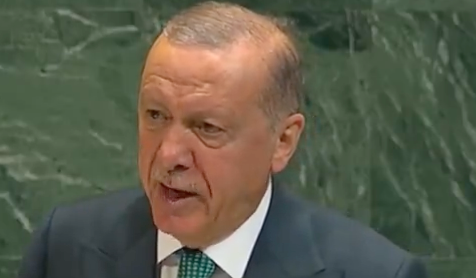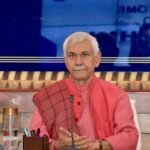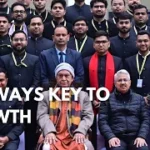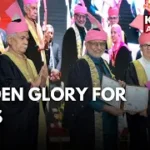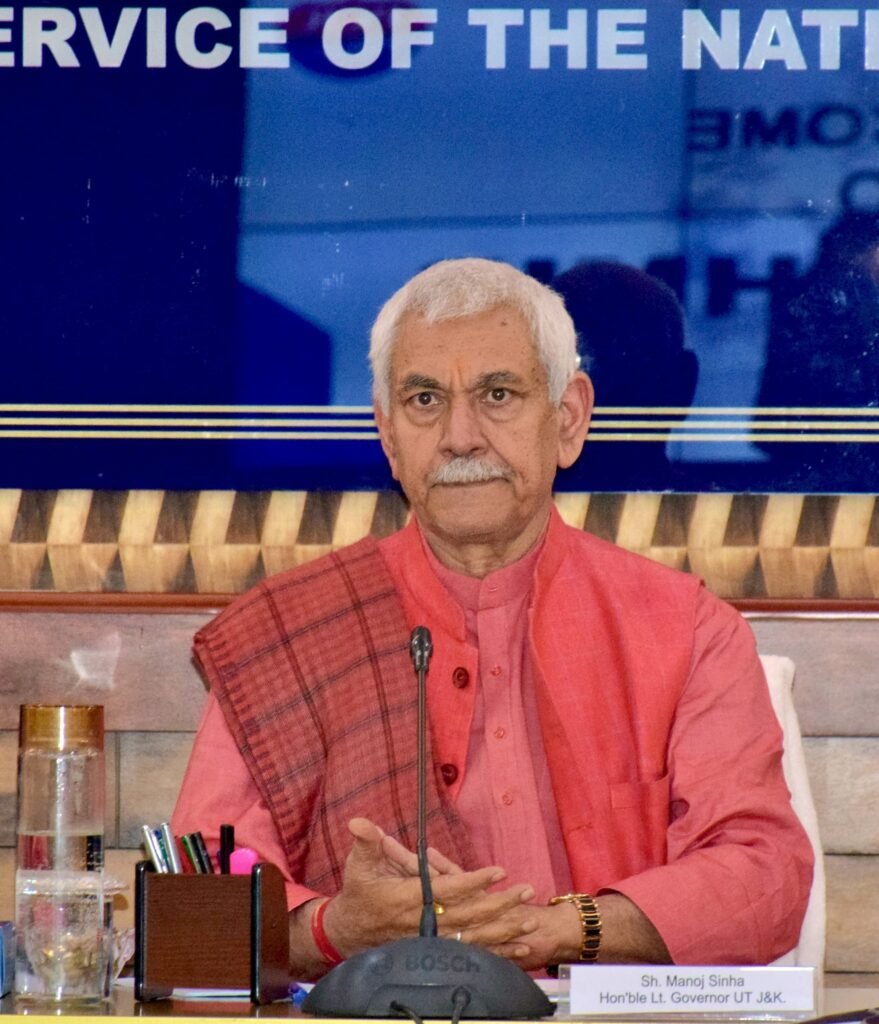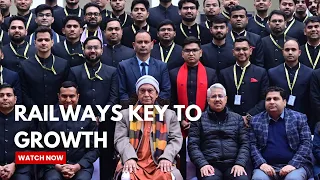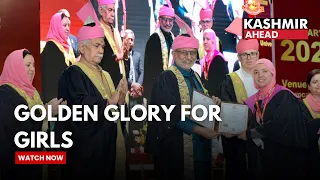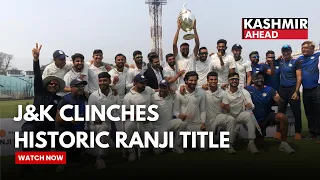United Nations, September 24, 2025 – In a recurring diplomatic gesture that has drawn sharp reactions from New Delhi, Turkish President Recep Tayyip Erdogan once again invoked the Kashmir issue during his address at the 80th session of the United Nations General Assembly (UNGA), urging India and Pakistan to resolve the longstanding dispute through dialogue in line with UN Security Council resolutions. Speaking on Tuesday, September 23, Erdogan expressed satisfaction over the “ceasefire” that followed a brief but intense conflict between the two nuclear-armed neighbors earlier this year, while emphasizing Turkey’s solidarity with the people of Kashmir.Erdogan’s remarks, delivered amid global discussions on conflicts from Gaza to Ukraine, highlighted Turkey’s consistent foreign policy stance on South Asia, where it has positioned itself as a vocal supporter of Pakistan’s position. The address comes against the backdrop of heightened India-Pakistan tensions triggered by a terrorist attack in Pahalgam, Kashmir, in April 2025, which killed 26 civilians and prompted India’s Operation Sindoor – a series of precision strikes on terrorist camps across the Line of Control. The four-day escalation, marked by cross-border shelling and aerial skirmishes, ended with a U.S.-brokered ceasefire on May 10, restoring fragile calm to the region.
Key Highlights of Erdogan’s UNGA Address
- Reference to Kashmir Dispute: Erdogan stated, “The issue of Kashmir should be resolved on the basis of the resolutions of the UN, for the best of our sisters and brothers in Kashmir, through dialogue, we hope.” He framed the matter as essential for regional peace, echoing his previous annual mentions since 2019.
- Acknowledgment of Ceasefire: “We are pleased with the ceasefire achieved following the tensions last April between Pakistan and India, which had escalated into a conflict,” Erdogan noted, underscoring the importance of stability in South Asia while calling for enhanced counter-terrorism cooperation between the two nations.
- Broader Global Appeals: Beyond Kashmir, Erdogan condemned Israel’s actions in Gaza, advocated for Palestinian statehood, decried the “unjust isolation” of Turkish Cypriots, and reiterated Turkey’s mediation efforts in the Russia-Ukraine war, stressing that “there are no winners in war, no losers in a just peace.”
The Turkish leader’s comments, broadcast live and widely shared on social media, prompted an immediate rebuttal from India’s Ministry of External Affairs (MEA). Spokesperson Arindam Bagchi described the remarks as “unwarranted interference” in India’s internal affairs, urging Erdogan to focus on addressing terrorism sponsored by Pakistan rather than revisiting outdated UN resolutions from the 1940s. “India remains committed to bilateral dialogue with Pakistan on all issues, including cross-border terrorism, without third-party mediation,” Bagchi stated in a briefing.
Broader Context: Turkey’s Stance and India-Pakistan Dynamics
Erdogan’s invocation of Kashmir aligns with Turkey’s deepening strategic ties with Pakistan, including joint military drills, defense exports, and mutual support on international platforms. Earlier this year, during a visit to Islamabad, Erdogan had similarly called for a UN-mediated solution, prompting India to summon the Turkish envoy in protest. Analysts view these statements as part of Erdogan’s broader narrative of championing Muslim-majority causes globally, amid domestic challenges in Turkey such as economic pressures and opposition from Kurdish groups.The UNGA session, attended by over 190 world leaders, has already seen heated debates on regional flashpoints, with Pakistan’s Prime Minister Shehbaz Sharif expected to echo similar sentiments on Kashmir in his upcoming address. Meanwhile, the ceasefire has held since May, bolstered by renewed backchannel talks, but sporadic ceasefire violations along the Line of Control persist. International observers, including the UN, have welcomed the de-escalation but stressed the need for sustained confidence-building measures to prevent future flare-ups.Social media erupted with reactions, from Pakistani users hailing Erdogan’s “bold solidarity” under hashtags like #KashmirBleeds and #FreeKashmir, to Indian netizens criticizing it as “Pakistan’s proxy advocacy” with #IndiaStandsStrong trending. As the UNGA progresses through the week, Erdogan’s words are likely to cast a shadow over India-Turkey relations, already strained by Ankara’s arms sales to Pakistan and its veto threats on India’s UNSC bid.

